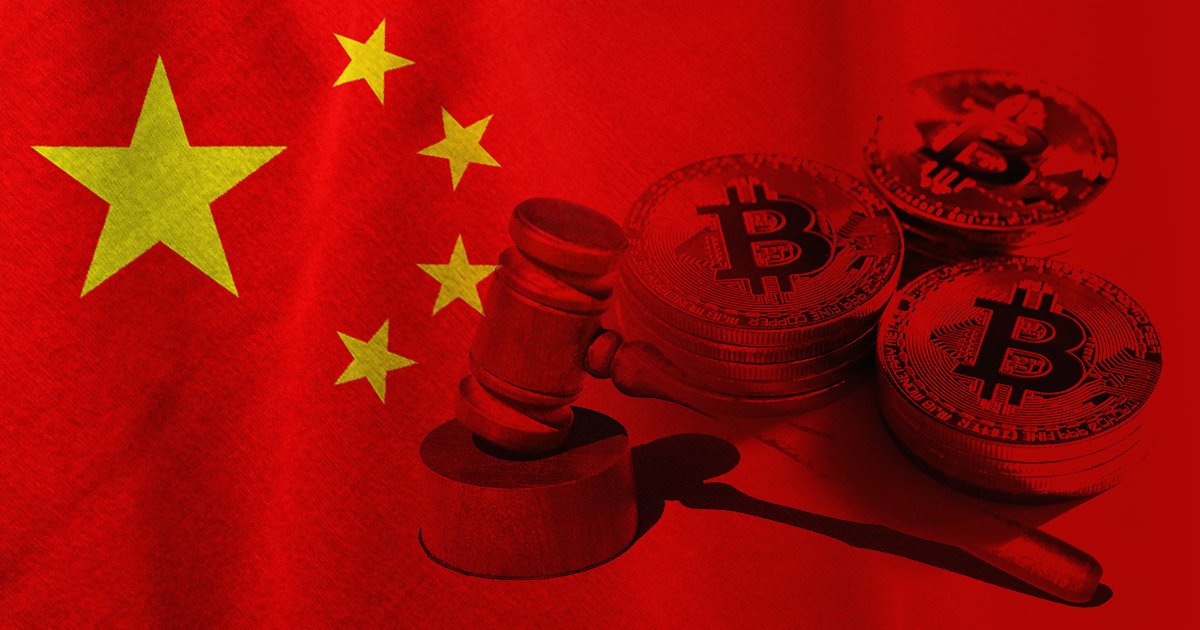
A recent ruling by the Shanghai Songjiang People’s Court has made it clear that owning cryptocurrencies is not illegal in China.
The 18th of November judgement has determined that digital assets have “ownership characteristics” under Chinese law. However, its use is strictly limited to personal property and as a commodity, not as legal tender or investment instrument.
Judge Sun Jie made the clarification while hearing a case involving two companies that disputed an initial offering of coins – an activity considered illegal in China.
Judge Sun explained that Chinese law does not explicitly prohibit the ownership of cryptocurrencies. However, regulatory provisions of the People’s Bank of China and other authorities strictly control crypto-related business activities.
She noted that virtual currencies do not have the legal status of official tender, but they retain the value of real estate as virtual goods.
The judge stated that individuals can legally own cryptocurrencies, but companies face significant restrictions as they are prohibited from crypto investments, trading or issuing tokens.
She wrote:
“While it is not illegal for an individual to simply hold virtual currency, commercial entities cannot participate in virtual currency investment transactions or even issue tokens at their discretion.”
Response from the crypto community
The crypto community has responded positively to this development. Many see it as a potential softening of China’s historically rigid stance on Bitcoin and other cryptocurrencies.
Bitcoin lawyer Max Keizer interpreted The ruling is seen as a significant shift, indicating that China is beginning to recognize Bitcoin’s growing influence.
Meanwhile, Eliézer Ndinga, VP at 21Shares, clarified that the legal position remains unchanged. Individuals have always been able to own cryptocurrencies in China, but commercial crypto-related activities have long been banned. He declared:
“[China has] Nothing beats Executive Order 6102, which banned gold ownership in the US in 1933.”
While China continues to view cryptocurrencies as a threat to financial stability, subtle developments such as Nano Labs – a China-based crypto mining chip company – accepting Bitcoin payments have led to speculation of a gradual shift.
These developments come as Bitcoin’s value continues its upward trend, fueled in part by Donald Trump’s recent election victory. According to Crypto Slates According to data, the top asset is trading above $97,000 at the time of writing.







Leave a Reply